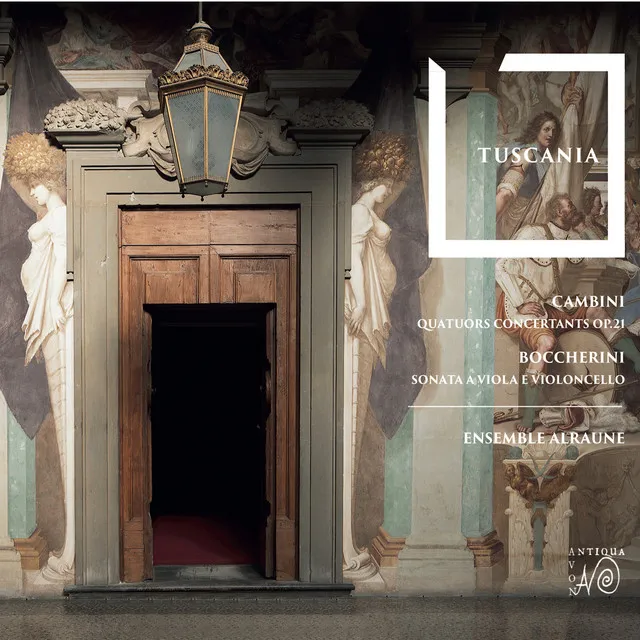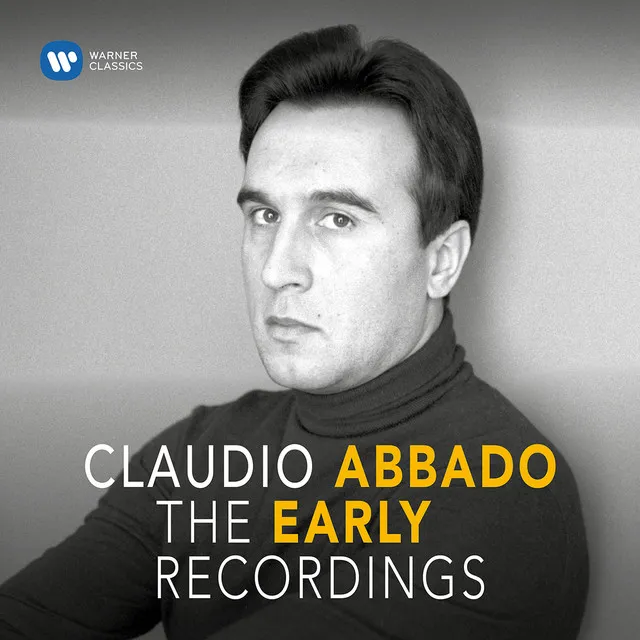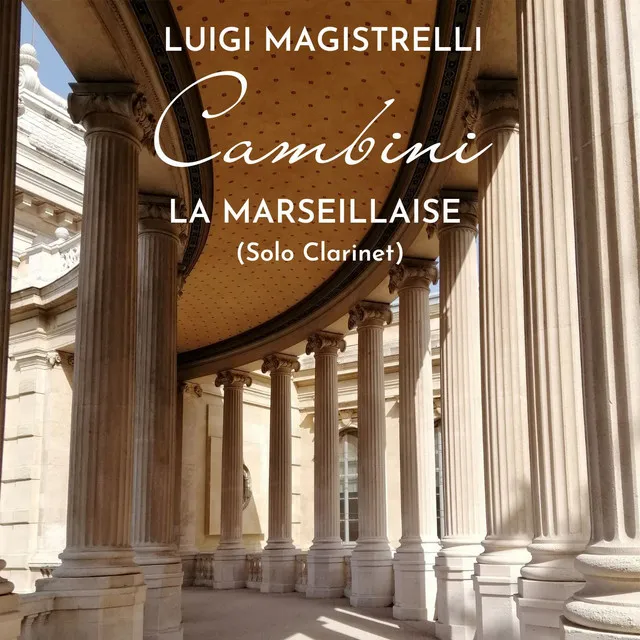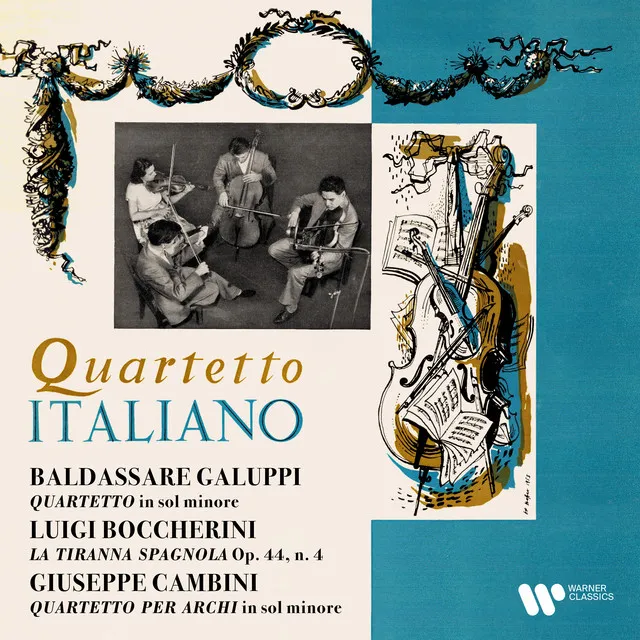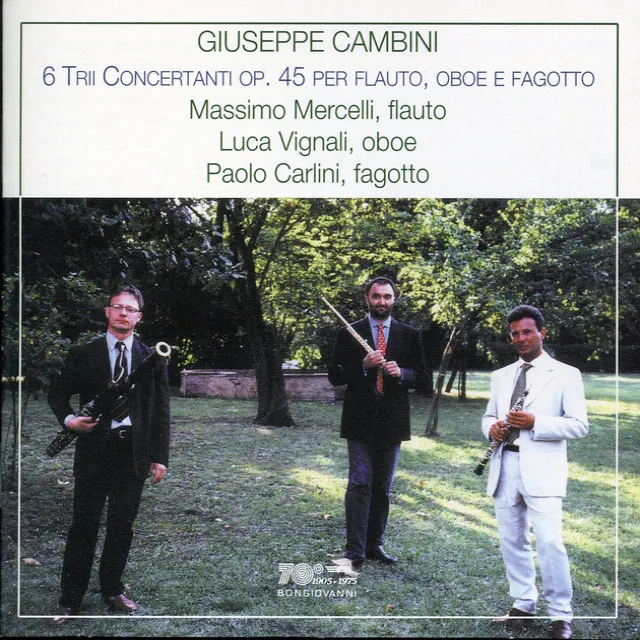Italian-born composer and violinist Giuseppe Maria Cambini was certainly one of the most prolific composers of the late eighteenth century, with well over 700 compositions (representing all the major musical forms of the day) to his name. Cambini was probably born in February 1746 in Livorno, Italy (as recorded by nineteenth century Belgian historian Francois Fétis). While the details of his early years remain unknown, a number of fanciful legends have arisen over the centuries to fill the void: according to one account Cambini was taken captive by Barbary pirates during a voyage in 1766 and subjected to any number of indecencies and hardships before finally gaining his freedom through the intervention of an affluent merchant. Cambini himself did little to suppress such rumors, and may have even contributed to them; certainly his claim that he was a quartet partner of Boccherini and Nardini during his youth has been deemed fanciful by scholars .
While Cambini may have studied with Padre Martini as a young man, it is only upon his arrival in Paris around 1770 that we begin to acquire solid facts about the man. A performance at the Concerts Spirituels during May 1773 introduced Cambini to Parisian audiences, and the subsequent publishing of his string quartet collection Op. 1 thrust him into the front rank of up-and-coming composers. Cambini composed prolifically throughout the next 30 years, maintaining his stride even through the Revolutionary years of the late 1780s and early 1790s. Indeed, Cambini earned the approval of Revolutionary authorities by composing a number of popular songs for the cause.
After the turn of the century, however, critics began to take a less favorable view of Cambini's work, and during the first decade of the new century fewer and fewer of Cambini's pieces found their way into print. After 1810, almost nothing is known of his activities or even his whereabouts, and even the generally accepted date of his death (1825) is guesswork -- he may well have died several years earlier.
At heart a composer for the masses, Cambini played little part in the radical musical developments of the Classical period. His music epitomizes the French galant style, emphasizing a simple brilliance and charm that requires little depth of understanding to appreciate. While his success as a theatrical composer was rather limited (despite having held positions at both the Théâtre Beaujolais and the Théâtre du Louvois), Cambini's over 600 purely instrumental works (including 149 string quartets, 114 string quintets, nine symphonies orchestras of various sizes, and well over 100 trios for various instruments) were quite successful during his day. Even Wolfgang Amadeus Mozart, despite having developed a strong personal dislike of Cambini (whom he wrongly blamed for the cancellation of a concert of his works in Paris during the 1770s), is known to have praised Cambini's instrumental music for its lyric charm.
